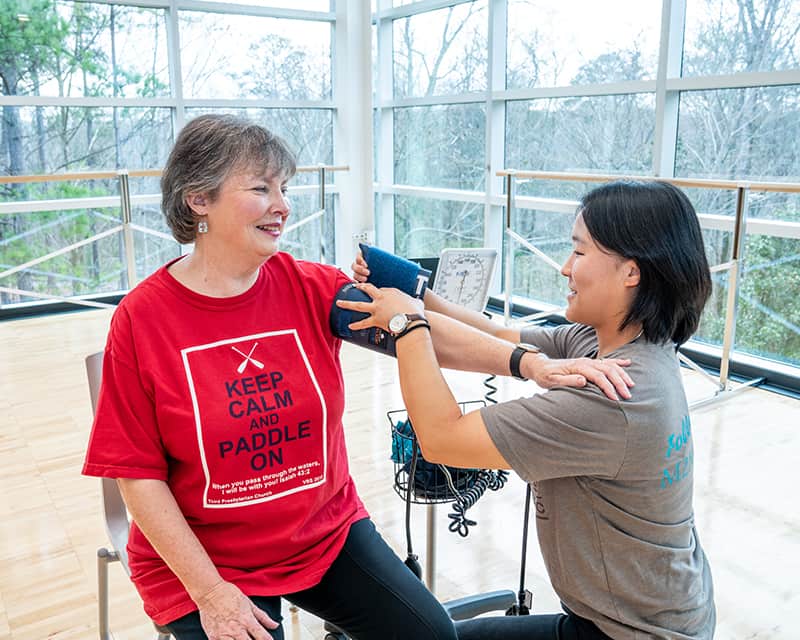 The Center for Engagement in Disability Health and Rehabilitation Sciences (CEDHARS) was established as a University-Wide Interdisciplinary Research Centers Program opens a new website (UWIRC) in 2019 with a mission to perform cutting-edge inclusion science research, train future students and researchers, and develop novel approaches to promoting the health and well-being of children, adults and seniors with disabilities. It was approved by the Board of Trustees of the University of Alabama and is the result of a collaborative effort between the School of Health Professions opens a new website and the Department of Physical Medicine and Rehabilitation opens a new website in the Heersink School of Medicine.
The Center for Engagement in Disability Health and Rehabilitation Sciences (CEDHARS) was established as a University-Wide Interdisciplinary Research Centers Program opens a new website (UWIRC) in 2019 with a mission to perform cutting-edge inclusion science research, train future students and researchers, and develop novel approaches to promoting the health and well-being of children, adults and seniors with disabilities. It was approved by the Board of Trustees of the University of Alabama and is the result of a collaborative effort between the School of Health Professions opens a new website and the Department of Physical Medicine and Rehabilitation opens a new website in the Heersink School of Medicine.
Ongoing projects in CEDHARS span translational and implementation science research, focused on addressing the health of people with disabilities. There is nothing more important to our faculty affiliates than the need for inclusion science on the UAB campus. CEDHARS faculty research projects are supported by funding from the CDC, National Institute on Independent Living and Rehabilitation Research (NIDILRR), and National Institutes of Health.
Mission and Vision
- Establish an environment where people with disabilities are offered the same opportunities to participate in inclusive research endeavors that affect people with and without disability.
- Create a world where scientific discoveries, technological advances, behavioral practices, and social norms empower people with disabilities to live independently in their communities, manage their health better, and increase their overall quality of life.
Our Vision and Mission in Action
By fostering dialogue and collaborations among the typically disconnected disability and non-disability worlds, CEDHARS aims to be the source for disability health and rehabilitation science research, accessible within UAB and the broader community. This is being made possible by the strength of highly engaged and successful partners from academia and the community, including being housed in the top-ranked UAB School of Health Professions.